This information was provided by Mr. Do Ngoc Hung, Vietnam Trade Counselor in the United States, at a trade promotion conference organized by the Ministry of Industry and Trade, to discuss proactive plans to adapt to the US's reciprocal tax policy, protect and develop export markets.
On April 2, 2025, President Trump announced the application of a reciprocal tax rate of up to 46% on all imported goods from Vietnam, with initial effect from April 9.
Although the US later announced a 90-day suspension of the 10% base tax rate for countries, this move still created many challenges for Vietnam's key export industries such as electronics, textiles, seafood, furniture and agricultural products.
In that context, high-level diplomatic activities between the two countries have been promoted urgently and in depth. From the phone call between General Secretary To Lam and the US President, to the working visit of Deputy Prime Minister Ho Duc Phoc and Minister of Industry and Trade, Head of the Government Negotiation Delegation Nguyen Hong Dien, Vietnam has demonstrated its strategic vision and determination to protect national interests through substantive dialogue measures.
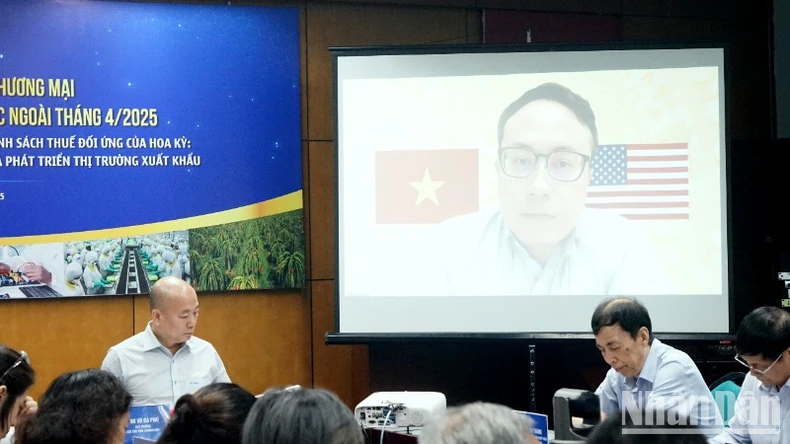 |
| Mr. Do Ngoc Hung, Vietnam Trade Counselor in the United States, reported online at the conference. (Photo: TRUNG HUNG) |
In particular, according to information from the Vietnam Trade Office in the United States, the phone call on April 23 between Minister Nguyen Hong Dien and US Trade Representative Jamieson L. Greer to officially launch bilateral economic and trade negotiations between Vietnam and the United States brought positive results.
Just one day later, the Office of the United States Trade Representative (USTR) posted a press release on its official portal - a move that shows its priority for Vietnam.
Not stopping there, Vietnamese Trade Counselor in the United States Do Ngoc Hung said that the US side is also seriously considering the proposal to organize a high-level bilateral meeting, and at the same time inviting the Vietnamese interdisciplinary working group to a meeting to kick off negotiations this week (right during the holiday).
According to Mr. Hung, this shows the US's interest and respect for Vietnam, considering Vietnam an important, serious, and well-intentioned partner.
According to the Vietnamese Trade Counselor in the United States, Vietnam is among the group of countries the United States prioritizes for negotiations, including: India, the United Kingdom, Japan, South Korea and Indonesia.
In the first quarter of 2025, Vietnam's export turnover to the United States reached 31.4 billion USD, up 22% over the same period last year. The United States continues to be the largest export market, accounting for nearly 1/3 of Vietnam's total export turnover. Meanwhile, imports from the United States reached 4.1 billion USD, up 21%, demonstrating the complementarity and connection between the two economies.
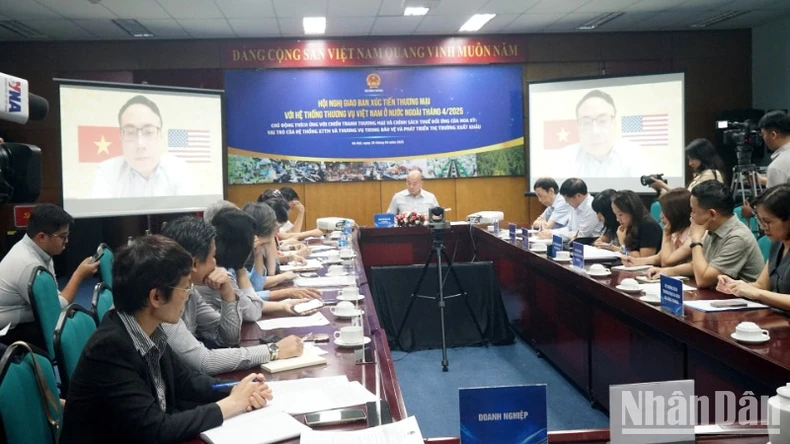 |
Conference scene. (Photo: TRUNG HUNG) |
However, high tariffs remain a real risk, especially for labor-intensive industries such as textiles and footwear, which are price-sensitive and vulnerable to policy shocks.
In response, the Vietnam Trade Office in the United States recommends that, in addition to strengthening diplomatic efforts and negotiations to lobby for the settlement of reciprocal tax issues, it is necessary to continue implementing a specific roadmap for Vietnam to protect its trade interests against potential tariff measures from the Trump administration, while strengthening strategic cooperation with the United States to ensure sustainable development in bilateral relations between the two countries, from industry to trade, investment, energy, artificial intelligence, etc.
Vietnam is also actively implementing measures to diversify export markets through new-generation FTAs; promote domestic consumption; improve industrial competitiveness; simplify the business environment and invest heavily in technology and innovation.
Businesses also enhance domestic competitiveness, thereby strengthening exports, by investing in enhancing the overall competitiveness of key supporting and foundational industries, upgrading technology, encouraging innovation, simplifying business regulations, and improving infrastructure to reduce production costs and improve product quality.
In addition, it is necessary to enhance resilience and diversify supply chains, reduce dependence on raw material sources, promote exports with domestic intellectual content and added value, contributing to improving the economy's resilience to external shocks.
According to Mr. Hung, because countries subject to tariffs may increase trade protection measures, causing greater competitive pressure on the Vietnamese market, full cooperation with the US in providing information for trade lawsuits is also important to protect business interests and avoid legal risks.
Source: https://nhandan.vn/hoa-ky-coi-trong-doi-thoai-voi-viet-nam-ve-chinh-sach-thue-quan-post876253.html


![[Photo] Prime Minister Pham Minh Chinh meets to prepare for negotiations with the United States](https://vphoto.vietnam.vn/thumb/1200x675/vietnam/resource/IMAGE/2025/4/29/76e3106b9a114f37a2905bc41df55f48)
![[Photo] Hanoi is brightly decorated to celebrate the 50th anniversary of National Reunification Day](https://vphoto.vietnam.vn/thumb/1200x675/vietnam/resource/IMAGE/2025/4/29/ad75eff9e4e14ac2af4e6636843a6b53)
![[Photo] Nghe An: Bustling atmosphere celebrating the 50th anniversary of Southern Liberation and National Reunification Day](https://vphoto.vietnam.vn/thumb/1200x675/vietnam/resource/IMAGE/2025/4/29/64f2981da7bb4b0eb1940aa64034e6a7)
![[Photo] General Secretary attends special art program "Spring of Unification"](https://vphoto.vietnam.vn/thumb/1200x675/vietnam/resource/IMAGE/2025/4/29/e90c8902ae5c4958b79e26b20700a980)
![[Photo] Ho Chi Minh City: People are willing to stay up all night to watch the parade](https://vphoto.vietnam.vn/thumb/1200x675/vietnam/resource/IMAGE/2025/4/29/cf71fdfd4d814022ac35377a7f34dfd1)
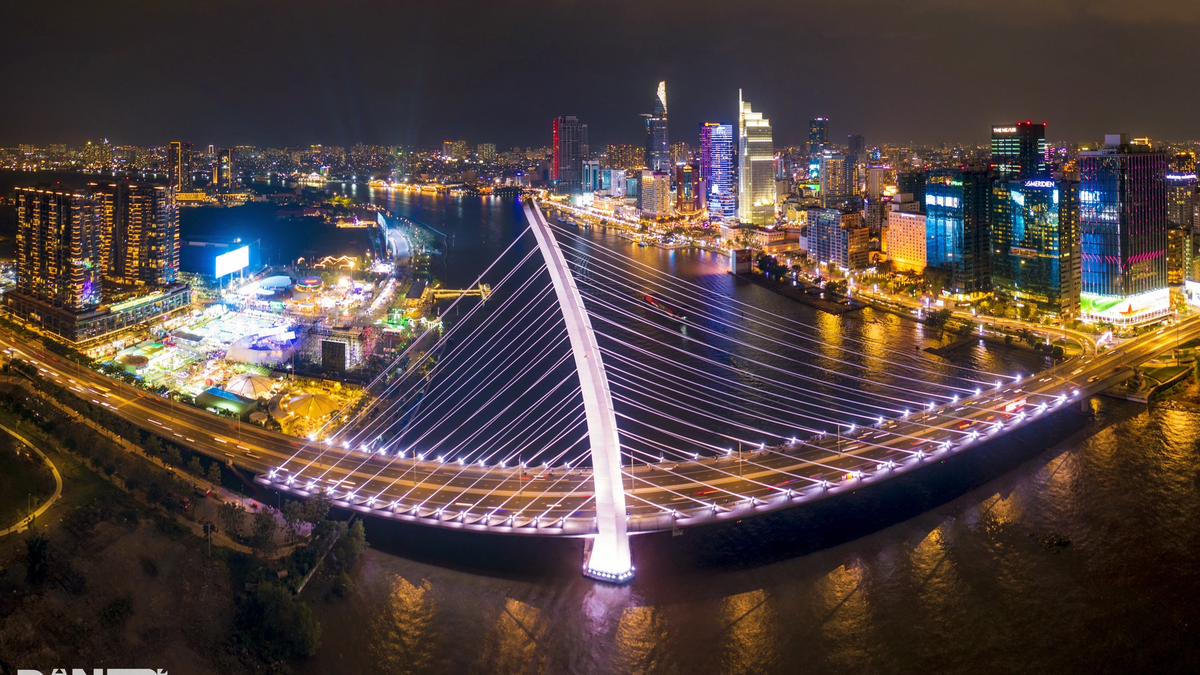
![[Photo] Nghe An: Bustling atmosphere celebrating the 50th anniversary of Southern Liberation and National Reunification Day](https://vphoto.vietnam.vn/thumb/402x226/vietnam/resource/IMAGE/2025/4/29/64f2981da7bb4b0eb1940aa64034e6a7)
![[Photo] Prime Minister Pham Minh Chinh meets to prepare for negotiations with the United States](https://vphoto.vietnam.vn/thumb/402x226/vietnam/resource/IMAGE/2025/4/29/76e3106b9a114f37a2905bc41df55f48)
![[Photo] People choose places to watch the parade from noon on April 29](https://vphoto.vietnam.vn/thumb/402x226/vietnam/resource/IMAGE/2025/4/29/3f7525d7a7154d839ff9154db2ecbb1b)
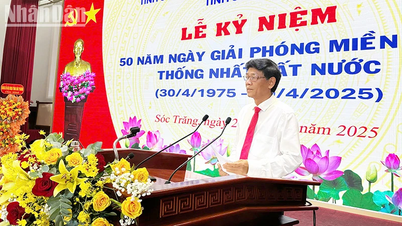
![[Photo] Hanoi's gateway is crowded with people leaving the capital to return to their hometowns for the holidays](https://vphoto.vietnam.vn/thumb/402x226/vietnam/resource/IMAGE/2025/4/29/2dd3f569577d4491acc391239221adf9)
![[Photo] National Assembly Chairman Tran Thanh Man receives Vice Chairman of the Belarusian House of Representatives](https://vphoto.vietnam.vn/thumb/402x226/vietnam/resource/IMAGE/2025/4/29/fe0423b91f194dfaa208ccdba083f57c)





![[Video] Book launch "The Road to the Future"](https://vphoto.vietnam.vn/thumb/402x226/vietnam/resource/IMAGE/2025/4/29/2d3dc0b7b28e41d1a1a0fd54a9a8ab0f)
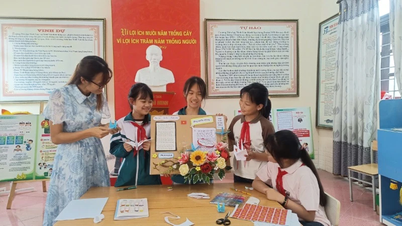

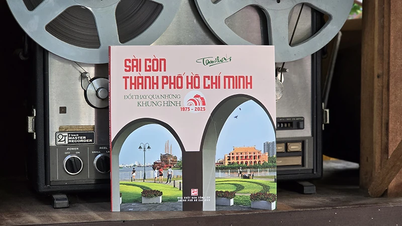

![[Photo] People choose places to watch the parade from noon on April 29](https://vphoto.vietnam.vn/thumb/1200x675/vietnam/resource/IMAGE/2025/4/29/3f7525d7a7154d839ff9154db2ecbb1b)

















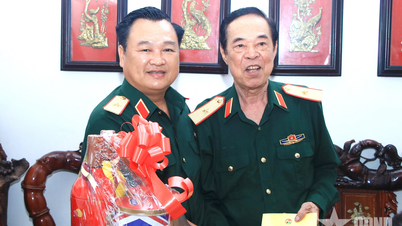









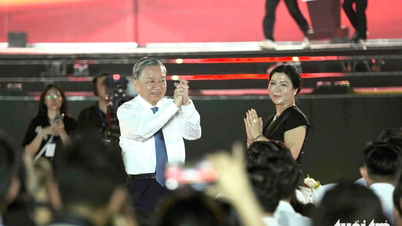
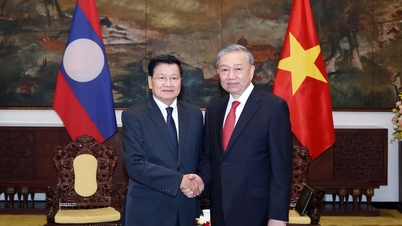

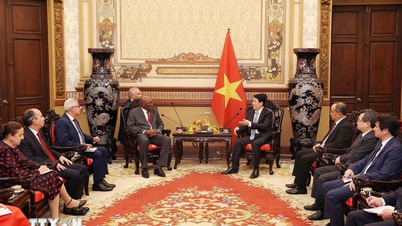


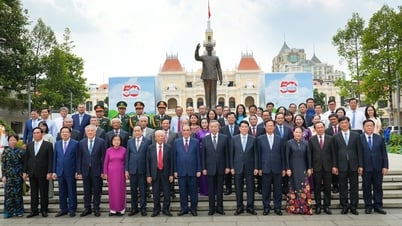






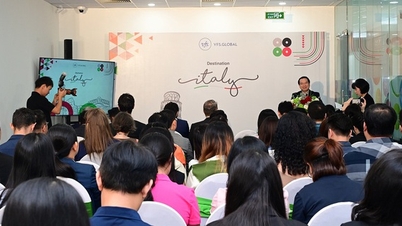

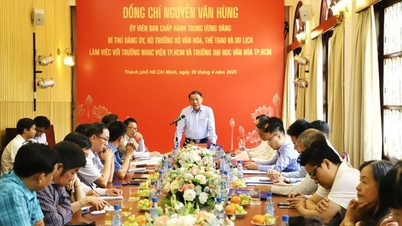
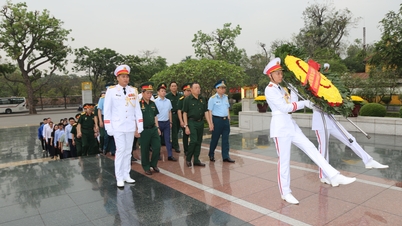




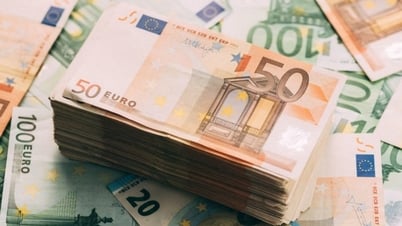

















Comment (0)